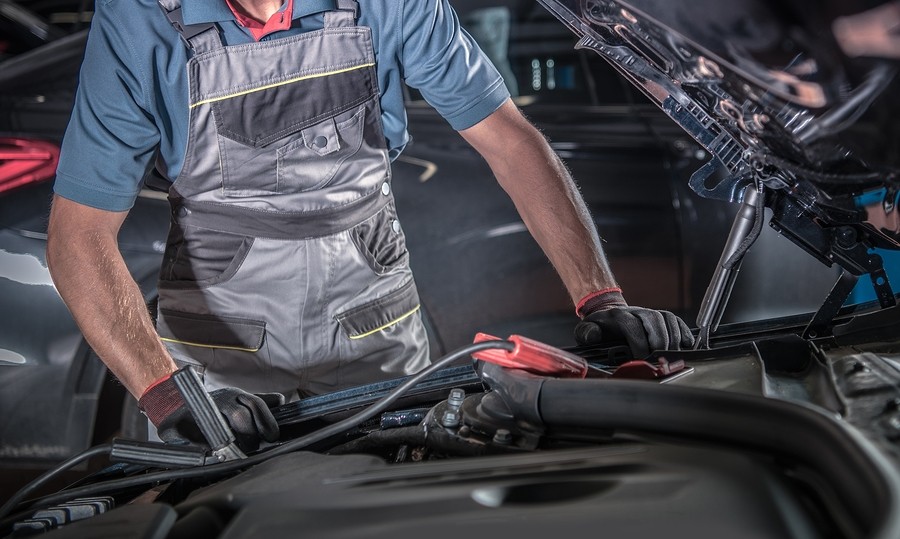If you're wondering “how to know if the alternator is out,” below are the ten most common signs:
- Flickering headlights
- Warning lights on the dashboard
- Strange noises
- Weak or dead battery
- Difficulty starting
- The electrical system will function
- Engine stalling
- Burning smell
- Engine hesitation
- Erratic dashboard gauges
The alternator is a core component in your vehicle. It charges all the electrical components as long as your engine runs. It converts the moving energy into electrical energy to keep all these electrical components working, including recharging the battery.
As you might expect, if the alternator fails, it leads to many problems, impacting the performance of these electrical components and your vehicle's starting process.
Therefore, it is critical for you as a car owner to keep an eye on this alternator and ensure that it's working properly all the time. Unfortunately, the alternator will go out at some point, and when this happens, you must detect the problems as early as possible.
This article highlights the ten most common symptoms indicating A failing alternator. It helps you answer the question, “How do you know if the alternator is out?”
Whenever you notice these symptoms, you must consult your mechanic as soon as possible to prevent dealing with more complicated problems that might cost you a lot of money.
How do we know if the alternator is out?
Since the alternator interacts with electrical components most of the time, its main impact is that it will heavily involve these electrical components when it fails. Most importantly, the alternator affects your vehicle's starting process by impacting how the battery is recharged.
Therefore, you must understand the most common symptoms indicating A failing alternator. Once you do that, you can detect the critical problem and replace The alternator so you don't deal with more complicated problems.
The following list highlights the ten most common symptoms indicating A failing alternator to help answer the question, “How do you know if the alternator is out?”
1- Flickering headlights
Generally, the alternator will show some minor symptoms when it goes bad. These symptoms do not prevent your car from starting, but it will be very frustrating, especially if you rely heavily on the electrical components.
For example, if you recently realized that your headlights are not operating as they should, it will be a problem with the headlight itself, but it could be an issue with how the alternator supplies them.
In other words, if the alternator is weak and cannot send the right amount of electrical supply to all these components, your headlights will not receive the right charge and will always be dimmer than usual.
2- Warning lights on the dashboard
In more serious situations, the vehicle will start complaining about any potential problem impacting the alternator. You might see different warning lights on the dashboard depending on which vehicle you drive.
The most common warning light will be a check engine light illuminating, indicating that your vehicle is not receiving the right electrical supply. In that case, you'll have to use an OD scanner to confirm the true problem because the check engine light is usually very general and might be linked to many issues, including those related to the engine and those related to other components.
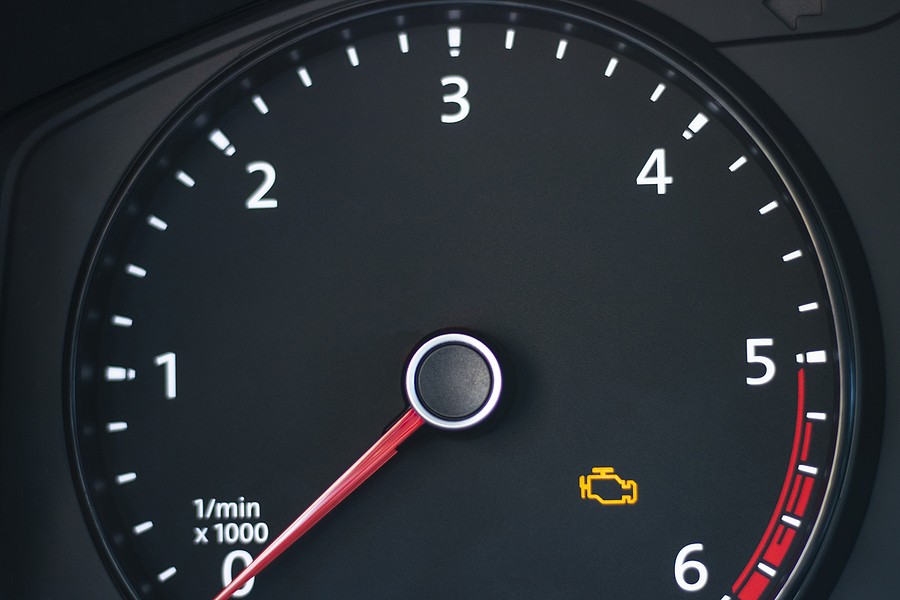
3- Strange noises
If the alternator is unhappy and it's not acting as it should, your vehicle will also start making weird noises. This is just a way to grab your attention to certain problems that are happening internally.
Most customers indicated that the alternator goes bad and makes some whining and grinding noises that could indicate A failing alternator belt or potentially alternator fuse. Regardless of what's causing the problem, you must dress up before it happens, costing you a lot of money to get fixed.
4- Weak or dead battery
We started by including how critical it is to address the alternator problems because it will impact a core component in your car, the battery. If the battery does not receive the right charge after you use it to start the car, it won't be ready to start your vehicle the next time.
In other words, the battery will be involved only to get your vehicle started and consume all its charge. Then, it'll rely on the alternator to recharge it so it's ready for the next time you start your car.
If the alternator is not recharging the battery properly, then the battery will not be able to crank your car again the next time, and even if it did, it will be much weaker than it should.
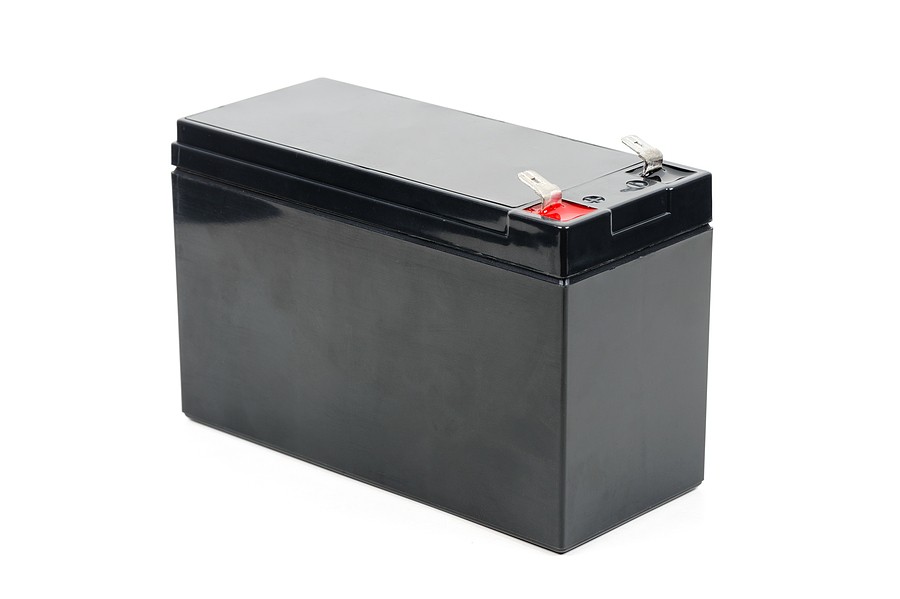
5- Difficulty starting
Since the alternator might impact the battery, many people who had a bad alternator complain about their starting issue. Often, a completely failing alternator can easily prevent you from starting your car.
To avoid dealing with situations where you're stuck in nowhere without help, you must address the problem with the alternator as soon as possible to save on any frustration and protect your electrical components.
6- The electrical system will function
We highlighted before that your alternator interacts a lot with the electrical components, which can be very dangerous when the alternator fails. For example, if you're driving a more modern car, you'll have many sensitive electrical components that will be susceptible to damage if the alternator is not providing the right charge.
That's why one of the very common consequences of a failing alternator is having issues with electrical components, and the more you wait on them, the more out of hand things can be and the more you need to pay to fix them.
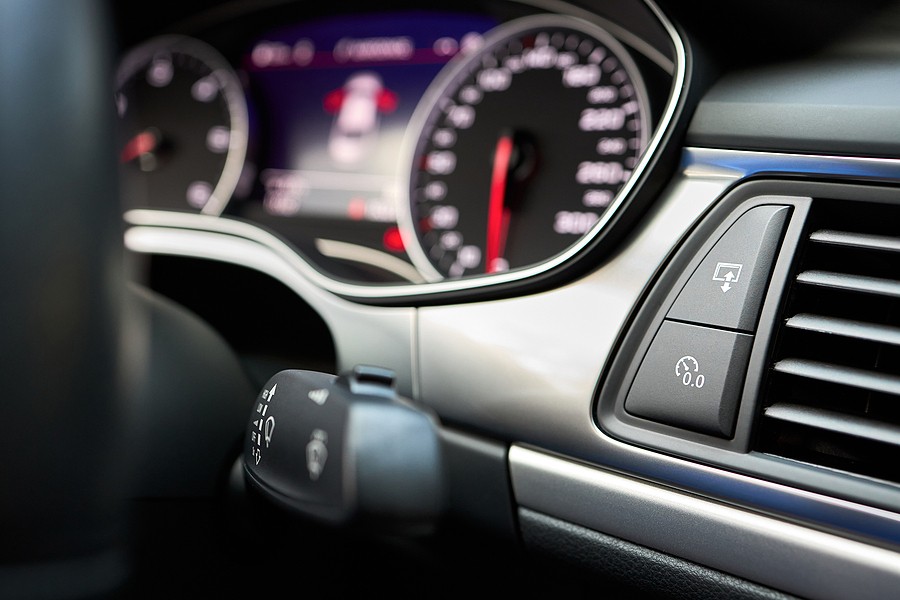
7- Engine stalling
One of the things that many people complain about with a failing alternator is engine stalling. This can be a serious problem that might put your life at risk, especially if you're driving on the highway or city roads with a lot of traffic.
If you feel your vehicle is stalling between now and then, you must address the problem by talking to your mechanic. Keep in mind that this is a very general problem. It might be linked to the alternator, but also it could be linked to something else.
That's why you can't immediately replace the alternator anytime you deal with engine stalling. It could be a more serious issue that needs more attention; the alternator might be in a very good condition.
8- Burning smell
Some people mentioned that they notice a burning smell when their alternator is out. This smell could come mostly from the alternator side, which might indicate that the alternative is getting stressed out and overheated, which might impact the belt and get it very hot to the point where you can smell the burning rubber.
Regardless of where the smell comes from, most automotive experts always stress taking care of any smells coming from your car. Consider it another way for your vehicle to grab attention to these internal problems. This could help you identify early issues that can be resolved without installing major components.

9- Engine hesitation
Engine hesitation isn't a very common issue that might be related to a faulty alternator. Therefore, to avoid dealing with this critical situation, you must check on the alternator between now and then and ensure that it's in good shape.
Again, this hesitation might also be due to other problems, and you must confirm with your mechanic about the culprit causing your engine to hesitate.
10- Erratic dashboard gauges
Finally, when the alternator is not providing the right charge consistently, and at the steady state condition, it could easily impact how the dashboard gauges react. In other words, these Gauges might be working just fine, but then they might flick in other instances.
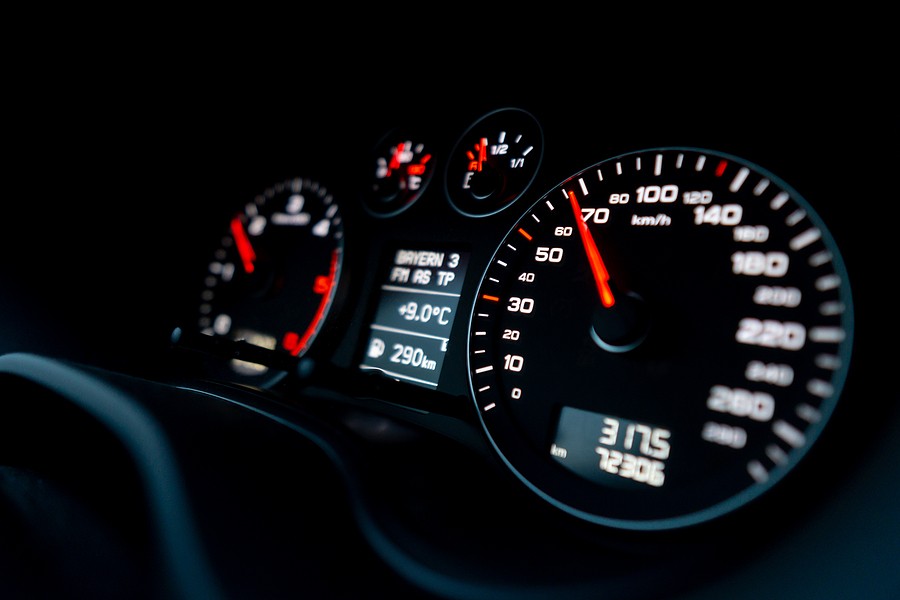
How do you know if the alternator is out? Final Thoughts
The alternator is a core component in maintaining your vehicle's electrical system. None of your electrical components will operate without this alternator because they don't have a power source.
Detecting A faulty alternator is very useful to help you fix the problem without installing major components. This article highlighted the ten most common symptoms of a failing alternator to help you answer the question, “How do you know if the alternator is out?”
If you notice any of these symptoms, consult your mechanic and have him replace the alternator.
If you're interested in similar posts, we highly encourage you to visit our blog by clicking here.

